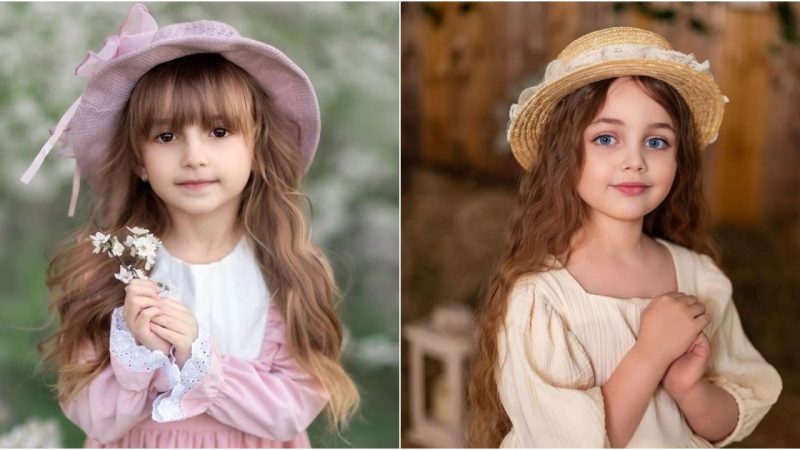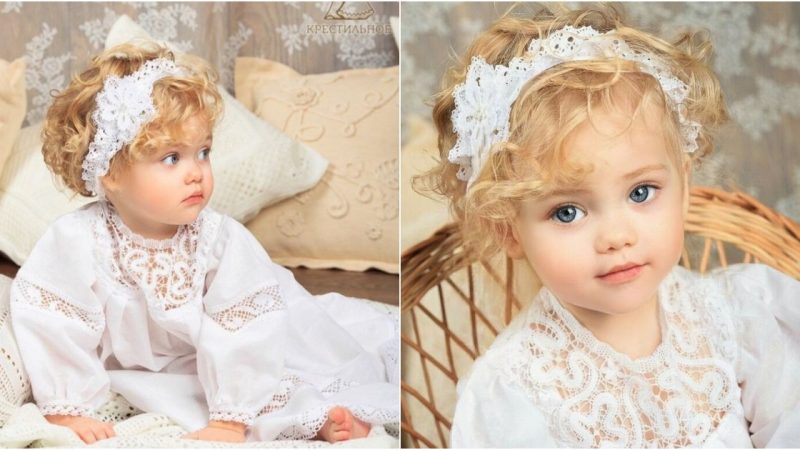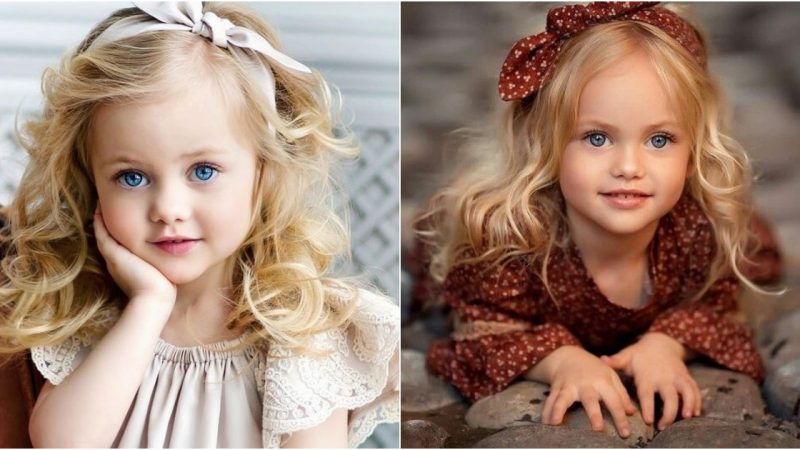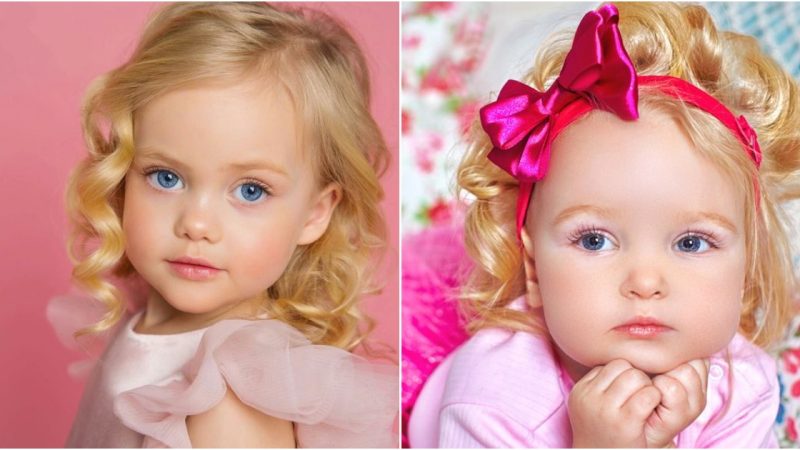Happy children: A modern emotional engagement
American parents highly value children’s happiness, ranking it above other priorities. This commitment to happiness, shared with parents in other Western societies but not elsewhere, is an important feature of popular emotional culture. But commitment is also a product of modern history, emerging clearly only in the 19th century.
This article explains the contrast between traditional and modern perspectives, and explains its origins and evolution. development of the idea of a happy childhood. For example, early results included the novel method of holding children’s birthday parties, another mid-19th-century innovation that expanded over time. Explaining the increased commitment to happiness also reveals some of the shortcomings of this aspect of popular emotional culture, such as in the complex measurable responses to childish unhappiness . The basic goal of the essay is to use this important aspect of modern emotional history to evaluate the commitment that many modern parents take for granted as simply natural.
One of the most common beliefs about emotions, at least in American culture, is the idea that children are supposed to be happy and that childhood is supposed to be a period of happiness, perhaps unusual happiness in life. There’s no doubt that many parents are closely guided by this standard, although many experts say they often get it wrong.
And it is quite possible that many adults simply assume that childhood happiness is a natural association, that although its implementation may vary and be controversial and while some obnoxious people may It is impossible to accept that goal at all, the basic concept is simply a normal part of being human.
Hits: 79










